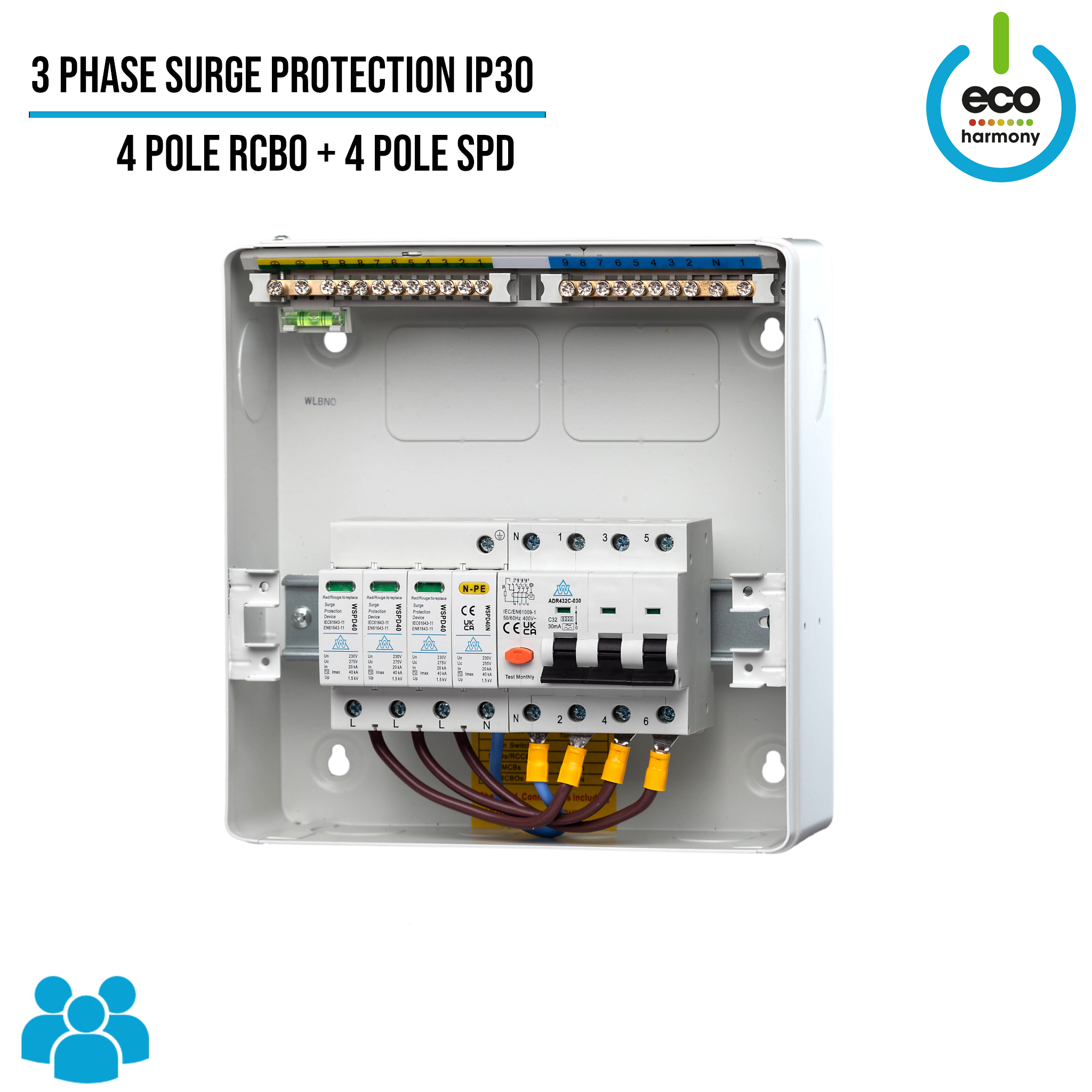How RCBO CONSUMER UNITS Boost Electrical Safety in Residential Spaces
How RCBO CONSUMER UNITS Boost Electrical Safety in Residential Spaces
Blog Article
The Role of Customer Systems in Reliable Power Administration Systems
Customer systems are indispensable to effective energy management systems, offering as the primary circulation points for electric power within structures. The arrival of smart modern technologies has actually additionally improved their performance, permitting for real-time information surveillance and nuanced energy intake analysis.
Recognizing Consumer Devices

Comprehending the function of customer units starts with recognizing their crucial feature in protecting electrical systems. By separating mistakes within particular circuits, consumer devices protect against extensive blackouts and potential fire threats. This seclusion is achieved with making use of breaker that trip or integrates that blow when a mistake is spotted, therefore removing the electric flow to the influenced circuit.
Moreover, customer units promote the orderly distribution of power, enhancing the performance of energy usage. They permit the methodical monitoring of electrical tons, which can be especially crucial in commercial and business settings where demand can fluctuate dramatically. Properly kept customer units add to the longevity of electric systems and aid in lessening downtime triggered by electrical failings, ultimately supporting the seamless procedure of energy-dependent facilities.
Smart Technologies Integration

A crucial advantage of clever customer systems is their ability to leverage advanced formulas and machine discovering for predictive analytics. This enables for preemptive modifications based on usage patterns, climate forecasts, and various other variables, dramatically increasing general efficiency. Wise consumer systems help with need feedback programs, where power use can be dynamically readjusted throughout height periods to support the grid and minimize expenses.
The integration of renewable power sources, such as solar and wind, is likewise structured via smart consumer units. By intelligently taking care of the intermittency of these sources, these units guarantee a reputable and well balanced energy supply. Furthermore, wise customer systems improve user involvement by providing in-depth insights and push-button control abilities with mobile applications, promoting an extra proactive approach to power preservation and sustainability.
Tracking Energy Intake
Building on the capabilities of clever technologies integration, checking energy consumption comes to be a vital emphasis within power administration systems. By leveraging sophisticated metering framework (AMI), real-time information on energy use can be accumulated at granular degrees, offering important understandings right into usage patterns and peak demand durations.
Smart meters and Internet of Things (IoT) devices play a crucial function in this surveillance procedure. These gadgets can track power use in real-time, sending data to centralized systems for evaluation. The accumulated data is then refined through advanced algorithms to discover abnormalities, predict future intake, and recommend optimization techniques. In addition, cloud-based options supply scalable systems for keeping and evaluating big datasets, promoting remote tracking and control.
The assimilation of these technologies not just encourages consumers with comprehensive information regarding their power usage however likewise sustains utility service providers in handling lots circulation much more efficiently. Ultimately, accurate and constant monitoring is essential for achieving energy efficiency, cost financial savings, and sustainability objectives within power administration systems.
Optimizing Home Appliance Use

One effective technique includes identifying top and off-peak hours to change energy-intensive activities, such as laundry or dishwashing, to times when energy demand is reduced. This not only decreases pressure on the grid but also exploits on reduced energy tariffs. Additionally, incorporating maker learning algorithms permits predictive upkeep, guaranteeing devices operate at optimal efficiency and prolonging their life expectancy.
Power monitoring systems can also integrate user-specific preferences and actions to customize appliance usage timetables. As an example, clever illumination systems can adjust illumination based upon tenancy and natural light schedule, while cooling and heating systems can maintain comfort degrees without excessive energy use.
Supporting Sustainability
Promoting sustainability within energy monitoring systems involves not only enhancing performance yet also cultivating eco accountable practices. Customer units are integral to this procedure, as they give real-time data and control mechanisms that allow customers to keep an eye on and minimize their power usage. By leveraging advanced technologies, consumer devices can identify energy-saving opportunities visit their website and promote the integration of renewable resource resources like solar and wind power.
One vital facet of promoting sustainability is educating consumers on the benefits of responsible energy use. Through in-depth insights given by consumer systems, users can make enlightened choices that decrease their carbon impact. For instance, these units can suggest optimal times for operating high-energy home appliances based upon grid need and renewable resource accessibility, thus minimizing reliance on nonrenewable fuel sources.
Additionally, customer systems sustain the adoption of smart grid innovations, which improve the total efficiency and dependability visit this site of energy circulation. By enabling two-way communication between consumers and energy carriers, these systems can dynamically adjust to energy demands, minimizing waste and promoting making use of sustainable energy techniques.
Verdict
Consumer units, as essential components of power administration systems, dramatically improve electrical security and performance within structures via circuit security and wise technology integration. Real-time information tracking and evaluation assisted in by these systems optimize power usage and appliance use. Furthermore, the consolidation of eco-friendly power sources advertises lasting methods, adding to decreased overall energy intake and reduced carbon impacts. As a result, customer units play a crucial function ahead of time both power effectiveness and ecological sustainability.
Advancements in smart technologies have actually changed the capacities of power monitoring systems, especially via the assimilation of clever consumer systems.Building on the abilities of smart technologies assimilation, monitoring energy intake becomes an important emphasis within energy monitoring systems.Efficient appliance usage optimization is an important part of power management systems, intending to boost efficiency and lower unneeded power intake.Customer devices, as essential parts of power monitoring systems, dramatically improve electric safety and security and performance within structures via important link circuit security and wise modern technology combination. Additionally, the unification of sustainable power sources advertises lasting practices, adding to reduced overall power usage and lower carbon footprints.
Report this page